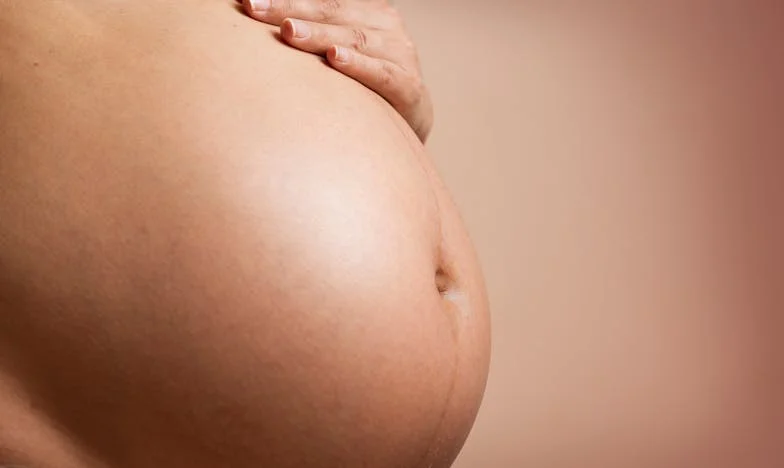The Caring Compass: Exploring Why Mothers Often Appear More Nurturing Than Fathers
In the intricate dance of parenting, the roles and responsibilities of mothers and fathers can often appear distinctly different. While both parents play crucial roles in the upbringing of their children, societal norms and psychological factors frequently paint mothers as the more nurturing figures. This perception is not merely a cultural artifact but is also supported by various psychological mechanisms and social expectations.
Psychological Underpinnings
One of the core theories that explain why mothers might be seen as more caring is the concept of “maternal instinct.” This term, often used in both popular and academic discussions, suggests that women are biologically predisposed to be nurturing towards their children. Studies in neurobiology support this by showing that childbirth and maternal behaviors are linked to specific hormonal changes in women. For instance, the release of oxytocin during childbirth, often referred to as the “love hormone,” facilitates bonding between the mother and the infant.
Social Conditioning
Moreover, societal expectations play a significant role. From a young age, girls are often encouraged to engage in nurturing behaviors, playing with dolls and taking on caregiving roles in play scenarios. This early conditioning can translate into adult behaviors where women feel more compelled or obligated to adopt nurturing roles. In contrast, boys are often encouraged to pursue activities that are less focused on caregiving, which can influence their roles as fathers later in life.
Real-Life Examples
Consider the case of Valentina, a mother of two, who naturally took to the role of the primary caregiver. Her partner, Nathan, though loving and responsible, found himself adhering to the more traditional role of a provider, focusing on work and financial stability. Valentina’s inclination towards nurturing was not just a personal choice but was also shaped by her social environment that applauded her for being a devoted mother.
Similarly, Hailey, another mother mentioned in discussions, exemplifies maternal warmth and attentiveness. Her husband, Raymond, supports her fully but often feels that his ways of expressing care are not as easily recognized or valued, which is a sentiment that can be found in many fathers who might show care through protection and provision rather than overt nurturing.
Cultural Narratives
Cultural narratives also reinforce the idea of the nurturing mother. Media representations typically depict mothers as the primary caregivers, which perpetuates this model across generations. Fathers are often shown in a secondary, less emotionally involved role. This not only influences public perception but also impacts how individuals view their own parental roles.
Counterpoints and Changing Dynamics
It is important to note, however, that the dynamics of parenting are changing. Modern fathers, like Gabriel and Eliana’s dad, are increasingly involved in all aspects of childcare, challenging the traditional notions of parenting roles. Gabriel, for instance, takes pride in his hands-on approach, participating in school activities and managing daily care tasks, which reflects a broader shift towards co-parenting models.
Conclusion
While mothers are often seen as more caring due to biological, psychological, and social factors, it is crucial to recognize the evolving nature of parenting roles. Both mothers and fathers are capable of extraordinary care and love. The key lies in supporting both parents in exploring and embracing nurturing roles, free from the constraints of traditional stereotypes.
In conclusion, understanding why mothers are often viewed as more caring than fathers requires a nuanced exploration of biological predispositions, social conditioning, and evolving cultural narratives. By acknowledging and adjusting these factors, we can foster a more inclusive understanding of parental care, where both mothers and fathers are equally recognized for their nurturing capabilities.
